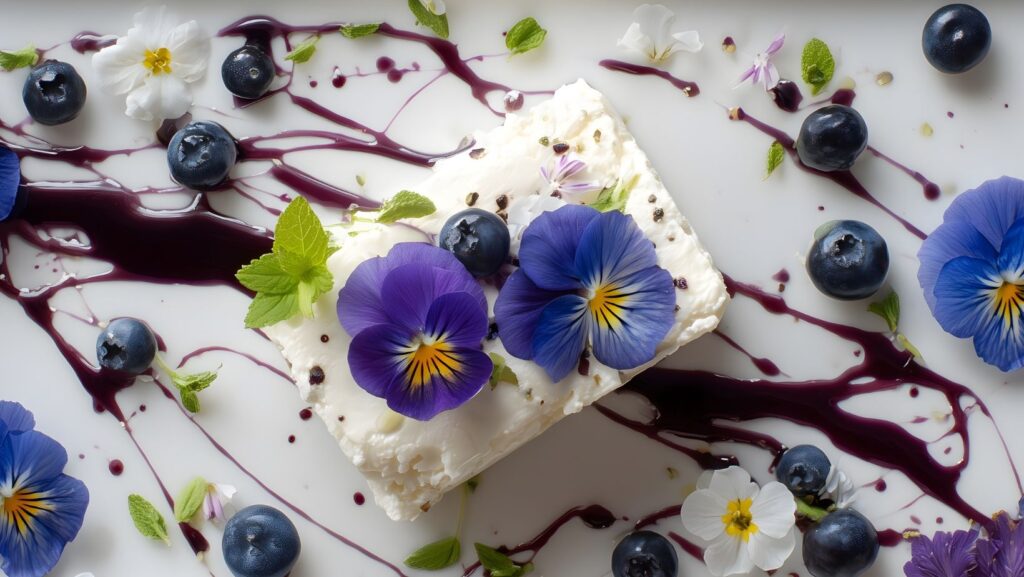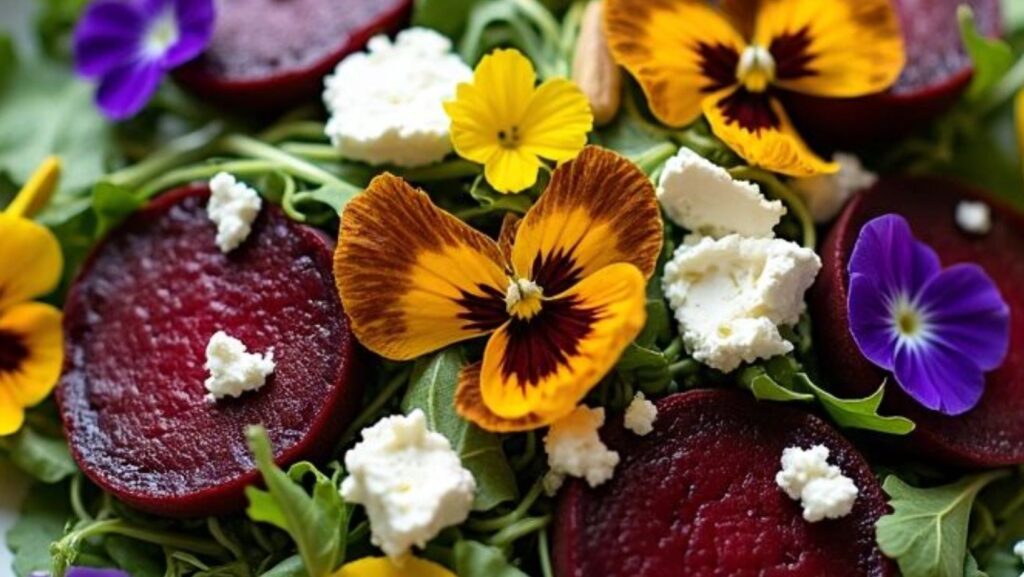In recent years, edible flowers have gained popularity not only for their beauty but also for their incredible health benefits. As people increasingly seek natural ways to boost their well-being, flowers like lavender, dandelion, and hibiscus have become sought-after ingredients in a variety of dishes. Many people love beautiful flowers for their vibrant colors and delicate scent, but what many don’t realize is that these blossoms can also provide a wealth of vitamins, minerals, and antioxidants that support overall health and improve digestion. From enhancing the flavor of your meals to providing essential nutrients, edible flowers are a valuable addition to any diet.
Rich in Vitamins and Minerals
Edible flowers are packed with essential vitamins and minerals that contribute to good health. For example, the bright yellow marigold is high in vitamin A, which supports eye health and immune function. Meanwhile, flowers like dandelion and hibiscus are rich in vitamin C, an antioxidant that helps fight free radicals and supports the immune system. Flowers such as violets, pansies, and nasturtiums contain vitamin K, which is important for bone health and blood clotting. These flowers can easily be incorporated into salads, smoothies, or as garnishes to add a colorful and nutrient-dense boost to your meals.
Antioxidant Power
Many edible flowers are loaded with antioxidants, which play a crucial role in reducing oxidative stress and inflammation in the body. Antioxidants neutralize free radicals, which are unstable molecules that can damage cells and contribute to chronic diseases. Flowers like hibiscus, elderflower, and chamomile are particularly high in antioxidants, and they are often used in herbal teas to help reduce inflammation and protect the body from oxidative damage. Consuming these flowers regularly can promote healthy aging, improve skin health, and reduce the risk of heart disease.
Digestive Benefits
One of the most well-known benefits of edible flowers is their positive impact on digestion. Flowers like chamomile and calendula have been used for centuries to soothe digestive issues. Chamomile, in particular, is known for its calming properties and is often used to treat indigestion, bloating, and nausea. Calendula flowers, on the other hand, are often used in traditional medicine to promote healthy digestion and relieve stomach cramps. Incorporating these flowers into your diet, whether through teas or salads, can help maintain a healthy digestive system and alleviate discomfort.
A Natural Anti-Inflammatory
Chronic inflammation is at the root of many health issues, including arthritis, heart disease, and digestive disorders. Edible flowers like lavender, calendula, and marigold possess natural anti-inflammatory properties, which can help reduce inflammation in the body.

These flowers contain compounds that inhibit the activity of inflammatory enzymes, helping to reduce pain and swelling. Regular consumption of these flowers in food or as part of a soothing tea can be an excellent way to support the body’s natural anti-inflammatory processes.
How to Incorporate Edible Flowers into Your Diet
Edible flowers are versatile ingredients that can be used in various culinary creations. You can sprinkle them over salads, use them to garnish dishes, or infuse them in water or tea for a refreshing drink. Some flowers, like lavender and rosemary, pair well with desserts like cakes, ice creams, and cookies, adding a unique flavor and fragrance. For a more savory touch, try adding nasturtium leaves and flowers to salads or soups, as they have a peppery flavor similar to arugula.
It’s important to remember that not all flowers are edible, and some can be toxic, so always ensure that the flowers you consume are safe and sourced from reputable growers. If you’re new to edible flowers, start with those that are commonly available at grocery stores or farmer’s markets, such as pansies, calendulas, and dandelions.
Conclusion
Edible flowers are more than just beautiful additions to your meals—they are packed with nutrients, antioxidants, and digestive benefits that can contribute to your overall health. By incorporating these colorful and vibrant flowers into your diet, you can enjoy their health-boosting properties while adding a unique twist to your meals. From boosting your immune system to improving digestion, edible flowers are a natural way to nourish your body and enhance your culinary creations.
